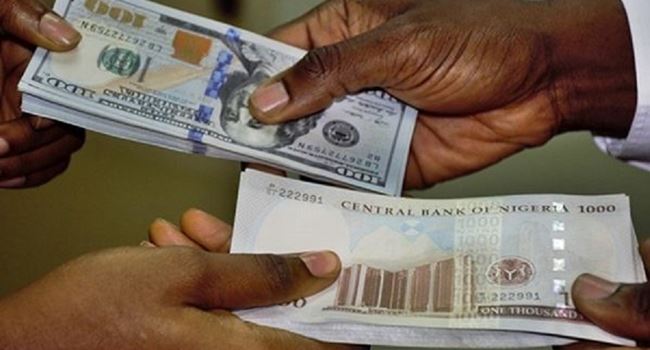A country that depends heavily on imports for increased industrial output faces a grim future for the naira, as the exchange rate reported the greatest unofficial daily depreciation in the forex market today due to the lack of FX intervention.
According to FX dealers, the Nigerian local currency, the naira, fell by around 18% to N951.22 vs the US dollar due to a significant demand for foreign currency that exceeded the whole market supply.
The Central Bank of Nigeria (CBN) allowed supply and demand to dictate the rate, which has resulted in the naira bear rummaging through the foreign exchange market. The apex bank has not acted during the formal window for the past six weeks.
A run on the local currency has resulted from the lack of FX liquidity. Though experts are less upbeat about the future of the local currency, the CBN anticipates that FX forward repayment would flood the forex market.
According to MarketForces Africa, the expectation of foreign exchange inflows from remittances from the diaspora in December led to rises in the exchange rate at the Nigerian Autonomous Foreign Exchange market over the course of two days.
The difference between official and black market exchange rates has narrowed to its present level, however this development is unfavorable to productive endeavors due to increased expenses driven by weak local currencies in all sectors of the economy.
The Naira skidded against the US dollar by 17.91% to N951.22 from N806.73 at the official market. Similarly, at the parallel market, the Naira saw further demand pressure as it depreciated by 0.34% to N1,169 per dollar.
In the global commodity market, oil prices experienced a negative trend at midweek, with Brent Crude trading at $75.75 per barrel and WTI at $70.77 per barrel. Nigeria’s gross foreign reserves still trending below $33.3 billion amidst an expectation of inflows announced by the Central Bank in recent times.













